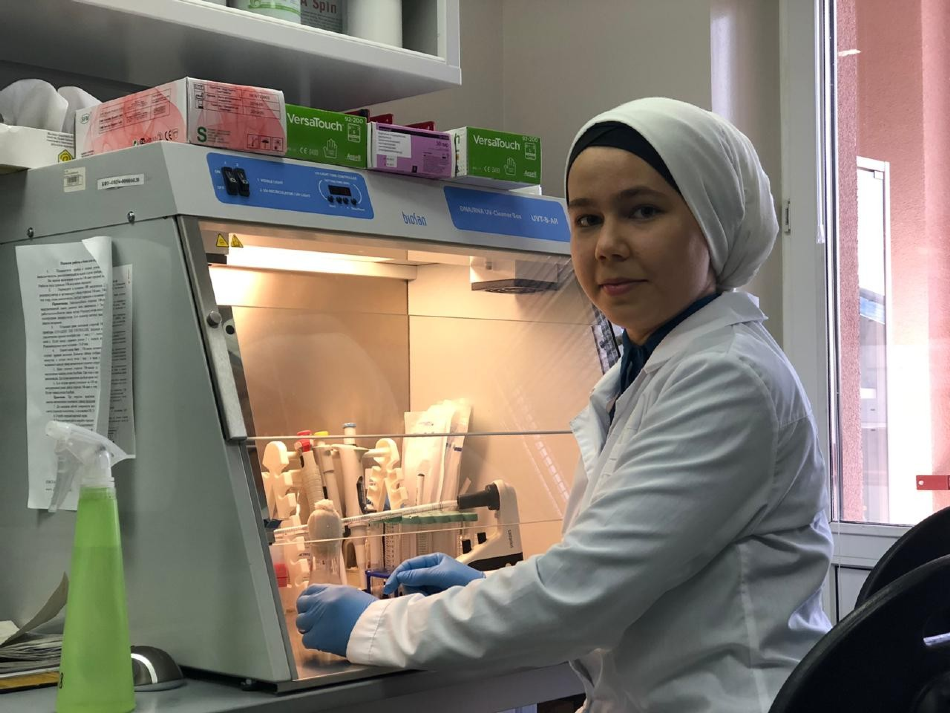Apr 13 2020
A new technology studied by researchers at Kazan Federal University could be beneficial for the hair cosmetics industry and drug delivery.

Image Credit: Kazan Federal University
The study titled “Hair surface engineering: modification of fibrous materials of biological origin using functional ceramic nano containers” is a project led by Dr Rawil Fakhrullin and supported by the Russian Science Foundation.
We will modify the surface of hair and other fibrous materials of natural origin by the directed formation of nano-structured layers based on functional inorganic ceramic nano containers carrying a variety of organic components. Materials of natural origin are hypoallergenic, comfortable to use, but they have rather low wear resistance, and they are prone to deformation and biodegradation.
Dr Rawil Fakhrullin, Kazan Federal University
Dr Rawil Fakhrullin continued, “Directed modification of properties using functionalized nano materials will significantly expand the field of application of natural fibers.”
By leveraging the close similarity of the microstructure of naturally occurring fibrous materials and mammalian hair, the researchers endeavor to develop a universal technology for altering the surface of fibers of biological origin for applications in the cosmetic and textile industries.
By modifying the fibrous structures of natural origin, it will be possible to change their aesthetic properties (color, texture and smell), protect them from biodegradation by applying antibacterial, fungicidal and insecticidal preparations, as well as increase the fire resistance of fabrics and non-woven materials based on wool, cotton, linen and silk.
Dr Rawil Fakhrullin, Kazan Federal University
Bionanotechnologists from Kazan Federal University will formulate techniques for the modification of human hair. By using these techniques, not just the color, texture, thickness, and aroma of the hair can be modified. It would also be feasible to protect the structure of the hair and the underlying skin from ultraviolet radiation.
Moreover, the project head believes that the use of these techniques will make it possible to develop tools for the application of topical anti-inflammatory drugs based on functional nano containers.
Upon applying these drugs to affected areas of the skin under human hair, a prolonged slow release of drugs can be ensured. Veterinary preparations that work based on a similar principle can be applied to the fur of domestic and farm animals for medicinal purposes.
During the process, researchers will also investigate the underlying processes of self-assembly of inorganic nanoparticles on the surface of biological fibers, and identify the ideal parameters for the targeted tuning of the properties of fibrous materials.
Inorganic nano particles of various origin, biopolymers and their complexes will be used to study the patterns of self-assembly of nanoparticles on the surface of fibers.
Dr Rawil Fakhrullin, Kazan Federal University